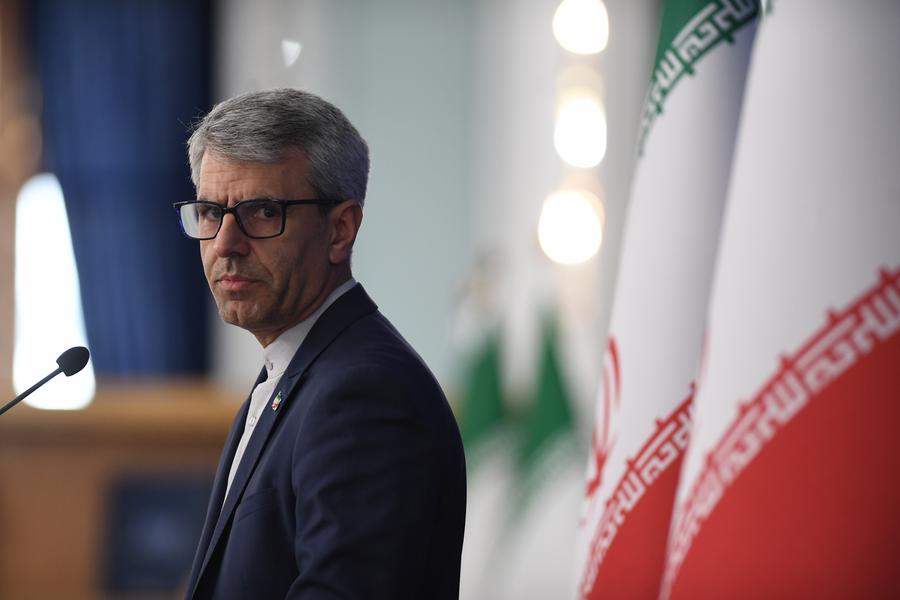MUSKAT, April 19 - Despite positive diplomatic signals, a comprehensive agreement is still a long way off, said Steven Wright, associate professor of international relations at Qatar's Hamad bin Khalifa University. Indirect talks between Iran and the United States on Tehran's nuclear program and the lifting of U.S. sanctions have "moved forward," with both sides agreeing to move into a new phase of negotiations.
Iran's Foreign Minister Seyed Abbas Araghchi and US Presidential Special Envoy Steve Witkoff held indirect talks in Rome on Saturday, mediated by Omani Foreign Minister Sayyid Badr bin Hamad bin Hamood Albusaidi.
Araghchi said the talks were taking place in a "constructive" atmosphere.
While the latest developments suggest diplomatic progress, analysts warn that the talks remain embroiled in wider regional and geopolitical complexities and a comprehensive agreement is still far from being reached.
CONSTRUCTIVE SHIFT
Araghchi described the four-hour meeting in Rome as "good" and "moving forward", adding that both sides had reached a better understanding of several key principles and objectives.
He also confirmed that technical discussions at expert level would be launched in Oman by next Wednesday and a follow-up meeting of the chief negotiators is scheduled for next Saturday.
This is the second round of indirect dialogue between the Iranian and American delegations in just two weeks. The first round, held on 12 April in Muscat, was described by both sides as 'constructive'.
The talks show that despite recent shows of strength, the United States is unlikely to risk direct conflict with Iran, said Khalid Ahmed, an assistant professor of political science at Qatar University.
"The United States is under severe financial constraints and would not risk open war with Iran," he said, adding that compromises are likely as the two countries try to refocus on economic stabilisation.
Ahmed Al-Shezawi, a regional political analyst, believes U.S. interests in the Gulf are vulnerable and that military options appear increasingly unrealistic.
"U.S. aircraft carriers in the Persian Gulf remain within range of Iranian missile systems, and the limited geography of the region gives Iran considerable leverage through its control of the Strait of Hormuz," he said.
He pointed out that Washington's inability to secure a military victory against the Houthis in Yemen, despite their far more limited capabilities compared to Iran, underscores the risks of a direct confrontation with Tehran.
xinhua/gnews.cz-jav



